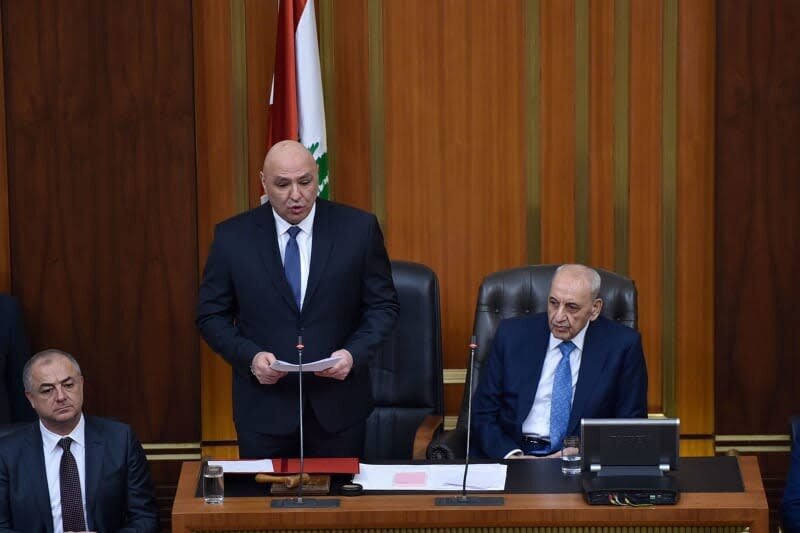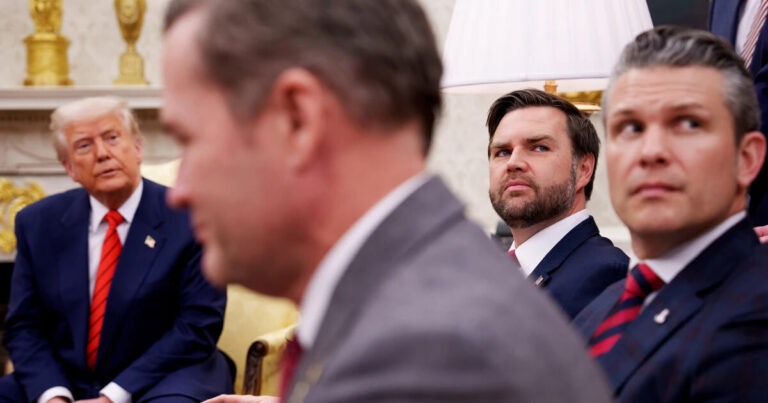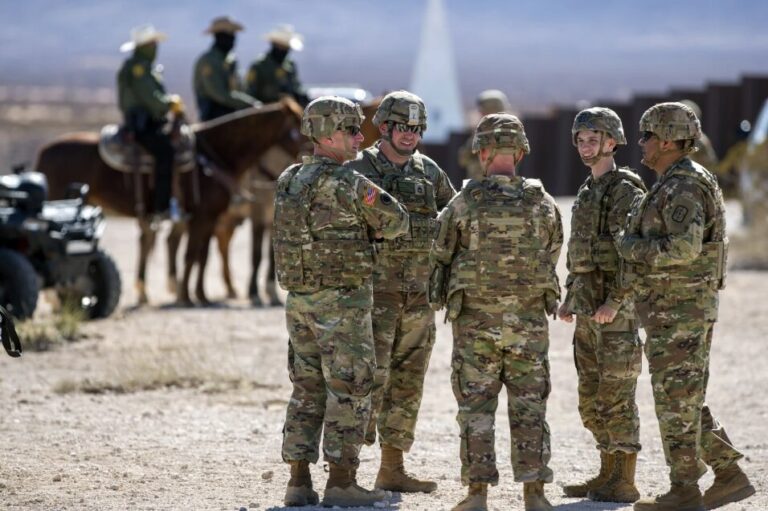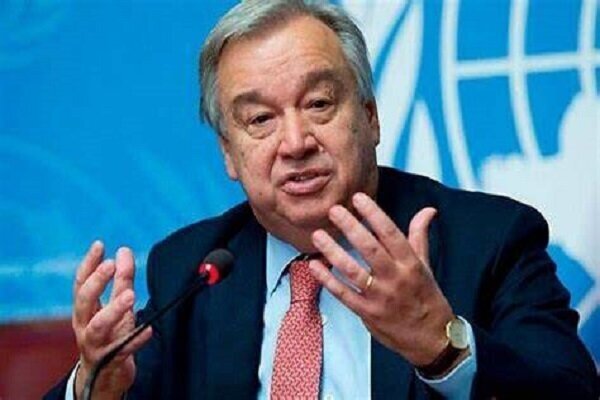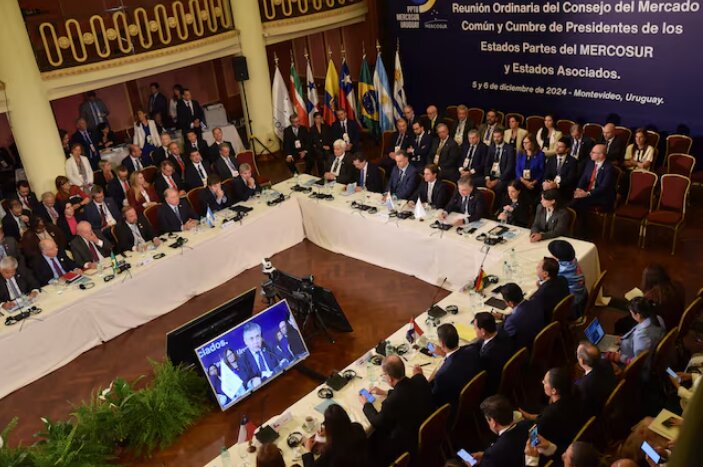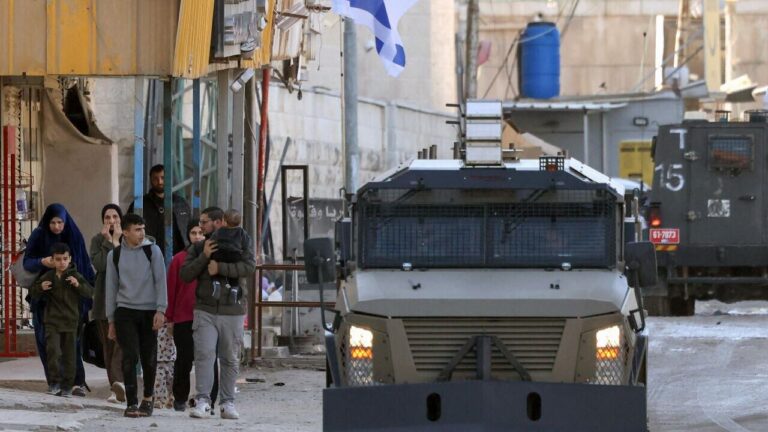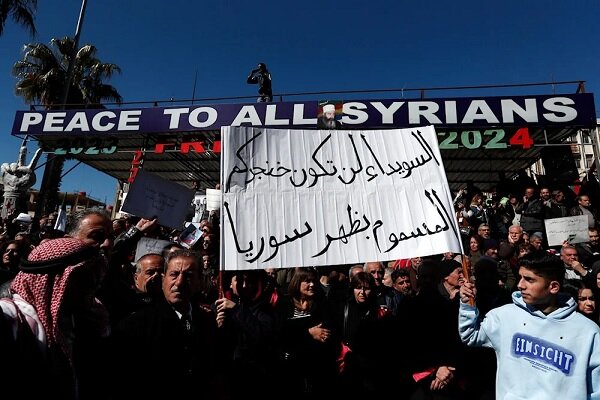Aoun’s Controversial Remarks Spark Diplomatic Crisis with Baghdad
In a recent interview with the Qatari news outlet Al-Araby Al-Jadeed, Lebanese President Joseph Aoun made significant remarks regarding Hezbollah and its role within the Lebanese military framework. He emphasized that Lebanon will not adopt the model of the Popular Mobilization Forces (PMF) from Iraq, stating that “the decision was made to restrict arms to the state.” This declaration has stirred diplomatic tensions, particularly with Iraq, which promptly summoned the Lebanese ambassador to express its dissatisfaction with Aoun’s comments.
The Iraqi Foreign Ministry reacted swiftly, with Assistant Foreign Minister for Bilateral Relations, Mohammed Bahr al-Ulum, emphasizing the importance of the PMF as a legal and institutional part of Iraq’s security apparatus. He remarked that Aoun’s comparison was “not appropriate” and suggested that it would have been better to refrain from drawing parallels with an official Iraqi institution.
Despite the diplomatic fallout, reports indicate that discussions are ongoing between Baghdad and Beirut aimed at reconstructing Lebanon in the wake of the recent U.S.-led Israeli aggression from September to November. Sources suggest that Iraq is contemplating requesting Lebanon to deposit its outstanding debts for Iraqi fuel purchases into the Banque du Liban, with intentions of later announcing these funds as a donation to the reconstruction initiative.
However, economic analysts have raised concerns that the Lebanese government might simply agree to write off these debts without actually disbursing the necessary funds to those affected by the aggression. This situation could be influenced by directives from Washington to halt the reconstruction process.
Aoun’s comments have sparked debate regarding his commitment to fostering positive relationships with Arab nations. During his inaugural address to Parliament, he pledged to strengthen ties with neighboring countries, asserting that Lebanon is fundamentally Arab in its identity. He emphasized building strategic partnerships across the Levant, Arabian Gulf, and North Africa to safeguard against conspiracies targeting their sovereignty and to maintain a stance of positive neutrality.
However, many observers are noting that his recent statements contradict this promise. Instead of demonstrating “positive neutrality,” they appear to reflect a “negative bias” that could jeopardize Lebanon’s relations with historically supportive nations like Iraq, which has maintained strong fraternal ties with Lebanon.
- In the wake of Lebanon’s 2019 economic crisis, Iraq provided substantial support, sending convoys of oil, wheat, and food aid.
- Following the tragic 2020 Beirut port explosion, Iraqi hospitals also extended their assistance.
- During the Israeli aggression, Iraq offered necessary humanitarian aid, including shelter and food to the displaced.
This humanitarian support from Iraq has been consistent, reflecting a commitment to assist Lebanon during critical times. Notably, the Iraqi government has also advocated for Lebanon’s right to defend itself against Israeli aggression.
In addition, the display of solidarity from Iraq was evident during the funerals of two assassinated Hezbollah leaders, Sayyed Nasrallah and Safi al-Din, where widespread Iraqi participation was noted.
This is not the first time President Aoun has faced scrutiny for his remarks. At an extraordinary Arab summit in Cairo, he stated, “When Beirut is occupied, Damascus is destroyed, Amman is threatened, Baghdad groans, or Sana’a falls… it is impossible for anyone to claim that this is in support of Palestine.” His body language during these statements suggested a deeper, perhaps coerced, sentiment rather than a mere slip of the tongue.
As Imam Ali (peace be upon him) wisely noted, “No one conceals anything without it being revealed in the slips of his tongue and the expressions on his face.” This raises questions about the authenticity of Aoun’s stance and the potential influences shaping his diplomatic discourse.
In conclusion, the recent statements by President Aoun have triggered significant diplomatic repercussions, particularly with Iraq. The ongoing discussions regarding economic support and reconstruction efforts highlight the complexities of Lebanon’s relationships with its Arab neighbors. As the situation evolves, it remains crucial for Lebanon to navigate these challenges carefully to uphold its regional alliances and foster a spirit of cooperation amidst ongoing geopolitical tensions.
